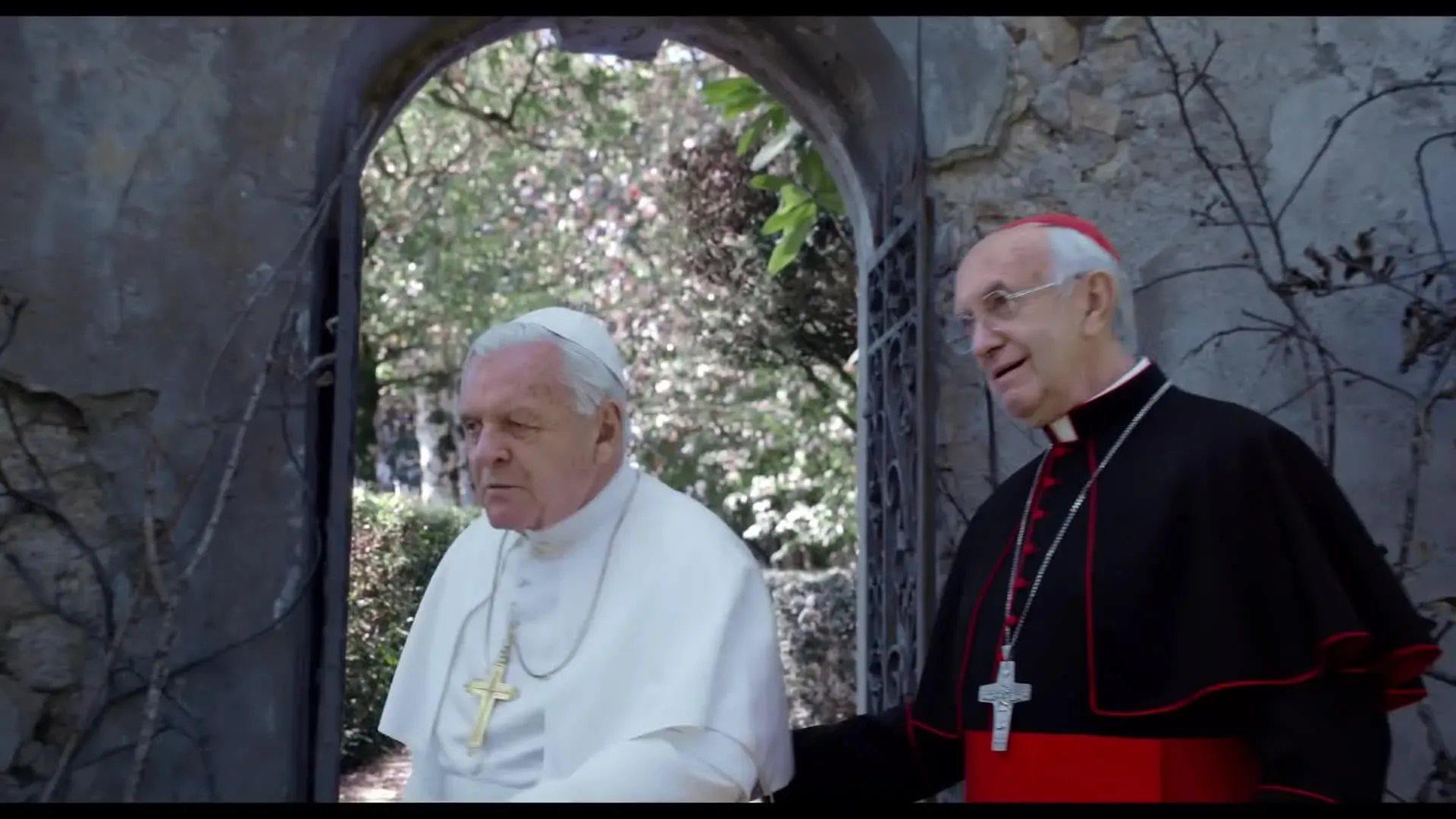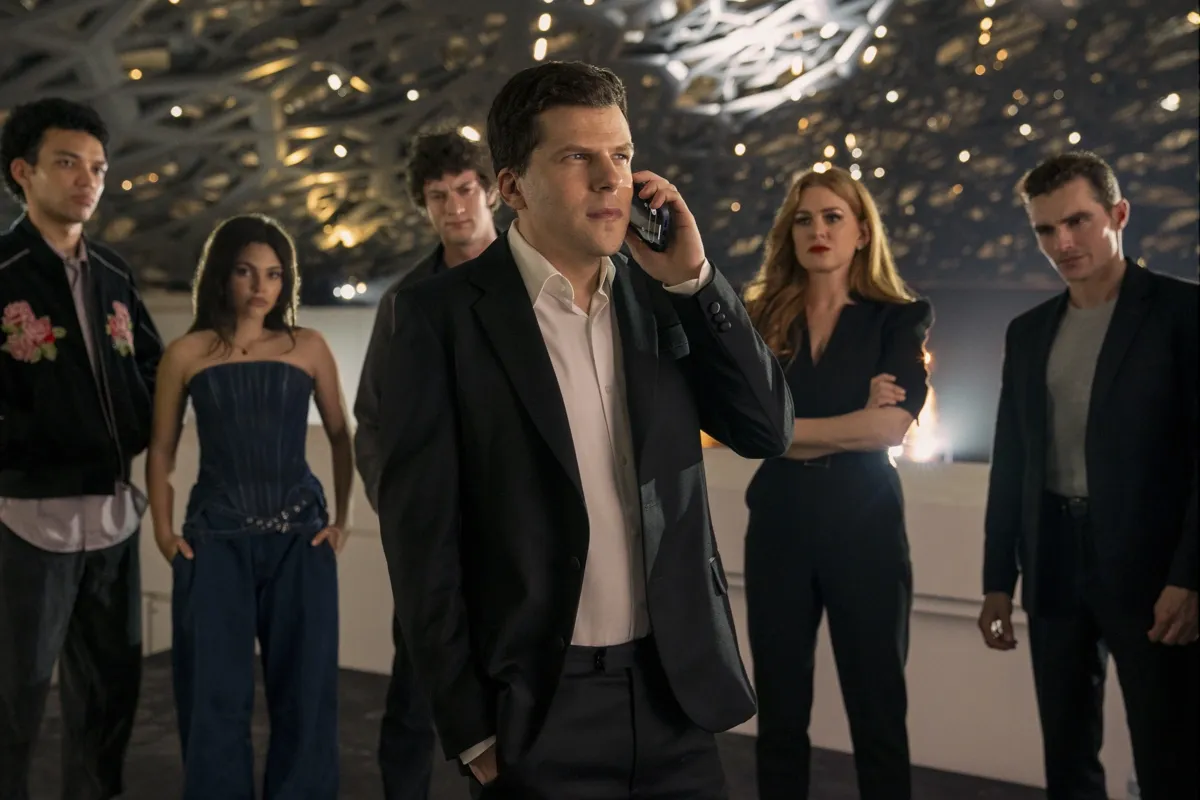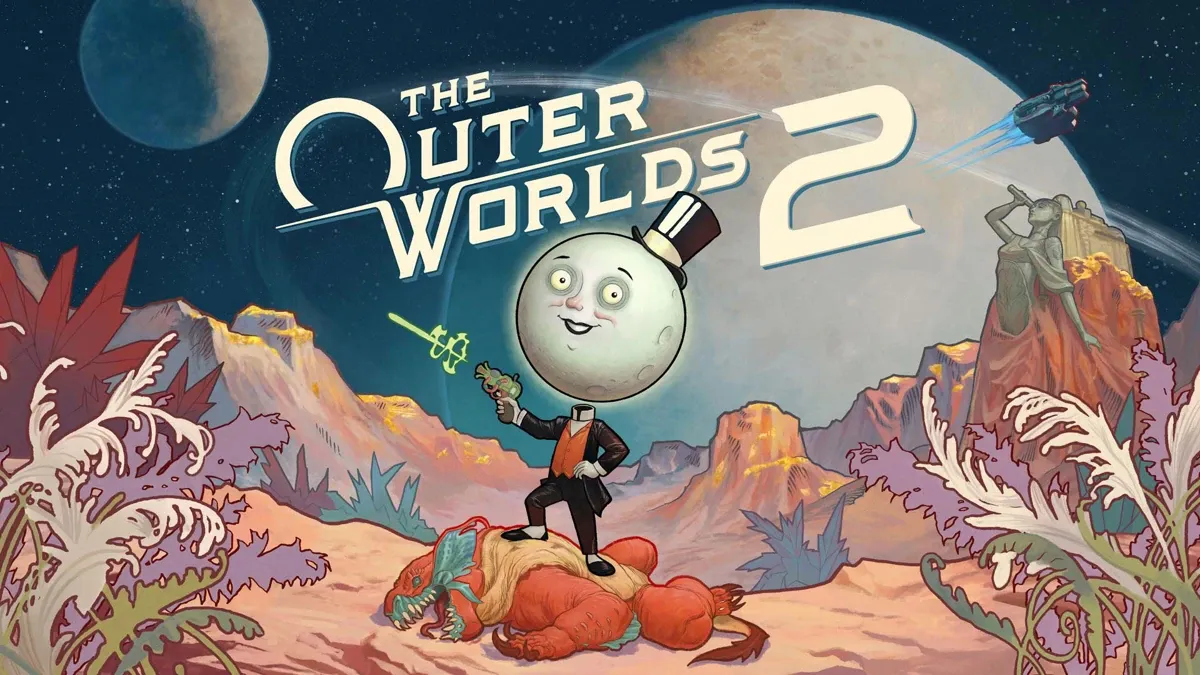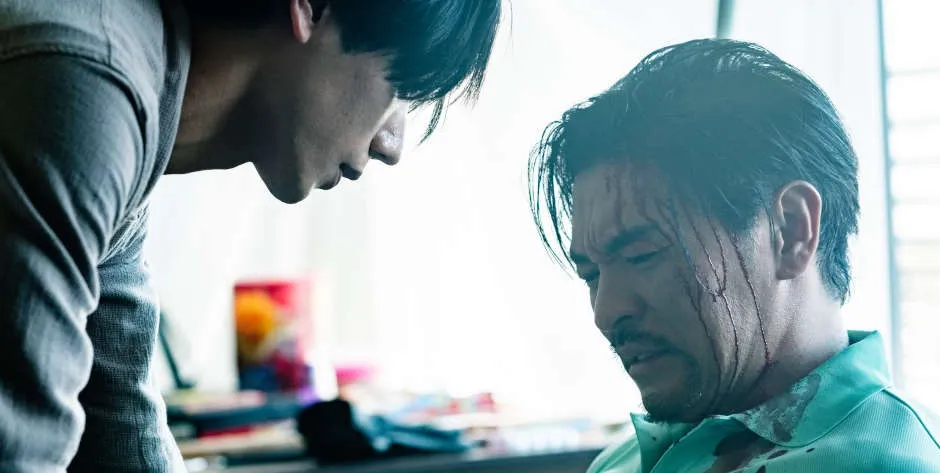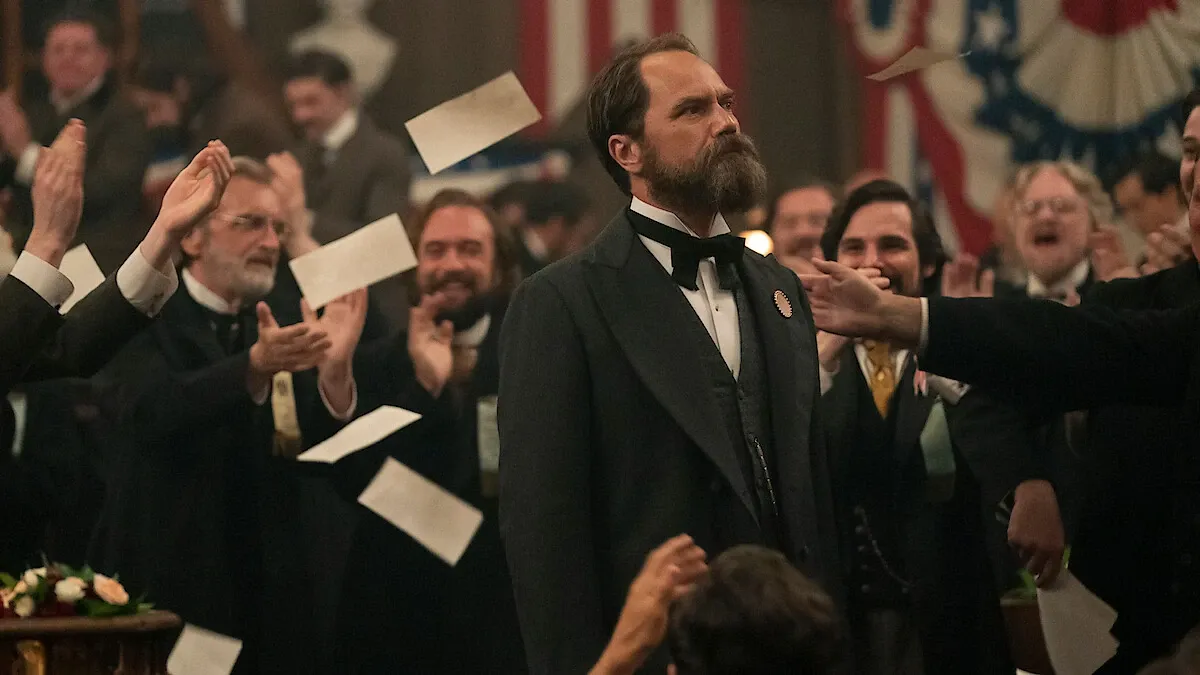I was never religious.
I never understood it. I find beauty in the ideas behind the multitude of beliefs around the world and the grand mythology crafted in service of them. But I could never reconcile with either the tradition or the demanded servitude. To this day, I remain fascinated by people who give themselves over to religion. Be it youth workers, missionaries, counselors, priests, or popes. Anyone who dedicates their life to a cause so thoroughly that it becomes a defining factor of who they are.
THE TWO POPES claims inspiration from real events, with an emphasis on the inspiration. It follows the behind-the-scenes process of a near unheard-of event: The unexpected resignation of Pope Benedict XVI and the ascension of the first South American Pope, Francis. The film casts Anthony Hopkins and Jonathan Pryce as the duo, respectively. While they occupy the foreground, most of the dressing is almost entirely about the Vatican leaks scandal, which exposed corruption within the church, including rampant child abuse harboring worldwide. Yet the film leaves it unexplored beyond set dressing.
Instead, this is a portrait of two inherently good men; one lost in his twilight years, the other who has found his place after years of wandering. It is only with one another, the film suggests, they’re able to find their better natures. It is divine destiny that they meet in this time and place.
How much of that you’re willing to accept is entirely up to how much stock you put in these things. I find the idea distasteful that we should find joy in two powerful men helping one another overcome personal demons. Especially when it means the price for that is the suffering of millions of children worldwide. But this isn’t a film about matters that complicated, and it is unfair to judge the film over what it should be.
Taken as purely an exercise in a fictional portrait of two influential figureheads of the church, TWO POPES is a reasonably entertaining experience. Both Hopkins and Pryce are as good as they’ve ever been. Pryce, in particular, handles a part that could have come off as condescending with warmth and genuine pathos, juggling quiet humor and terror of what is ahead with ease. Hopkins hides much of his typical boisterous nature under doddering irritability. It’s mainly in the last half of the film that his mischievous side comes into play with the kind of wit and precision we’ve come to expect over the decades.
I’d even argue that the film intentionally paints Benedict in a less-than-flattering light to pass off the newly instated Francis as a hero of the Catholic Church. Director Fernando Meirelles frames Benedict from odd angles, often cut off from others by frames, fixtures, or effigies, while Francis is rarely without another person nearby. There’s a sense that the entire story is a chance to offer the fictional Benedict a public confession of Francis’ sins while the rightful son of God takes over their people’s guidance.
If that sounds political, that’s because it is. The film acknowledges the inherent politics and circus acts to keep interest in the church, but it lacks any conviction to follow through with any criticism. There is, in particular, a scene where THE TWO POPES tries to have things both ways. By tackling the child abuse running rampant in the church head-on, the film, at the last minute, fades out the dialog entirely so as not to anger anyone with the raised objection that maybe sexually abusing children isn’t an acceptable course of action for anyone. No matter how viewed, much of the film’s problems all circle back to this one point: it doesn’t know what it wants to be.
It isn’t a character study, as neither man is allowed much in terms of growth. Most of the film takes place over two afternoons, as the men argue first in a garden, then slowly grow fonder of one another in their shared loneliness. It claims Francis’s inherent beauty is what has allowed for even the most wayward sheep to return to the flock. But at the same time, the film acknowledges that the confession is there only to help the sinner, not the victims.
It’s not a history lesson either, despite numerous forays into Francis’s past and his part, unwitting or not, in the atrocities committed in Argentina during the decade-long Dirty War. When it comes to discussing sainthood and acting by your beliefs and morals in the face of systemic evil, there is a far more interesting story to be found in his youth. Sadly, the film only utilizes this period of history as a mere backdrop, showcasing suffering to make us understand Francis’ true martyrdom. He alone must carry the heavy burden of surviving while so many others did not. It’s not a statement, nor is it an exploration of the issue. It’s just there, as with many other things in this film.
So what remains? For all the things that the film is not, what is it? It’s a sparring ground for two veteran actors, both at the peak of their craft, who have come to play their hearts out with meaty roles where the focus is entirely on them. As such, it’s perfection. There’s never a dull moment in exploring the geography of their faces and admiring the way both Hopkins and Pryce use body language to communicate more than their dialog will allow. Even as the erratic directing from the usually reliable Meirelles tries to bury the acting under showy, hyperactive camera work, both leading men stand out like lighthouses in a storm.
It’s just a shame that out of material so vast and tied to the world’s history, we get a film this shallow and constricted in scope. In the end, we learn very little of these complicated figureheads of a church that rivals most multinational corporations.
They remain distant icons, as mysterious and elusive as the historical statues and paintings populating Vatican City.

